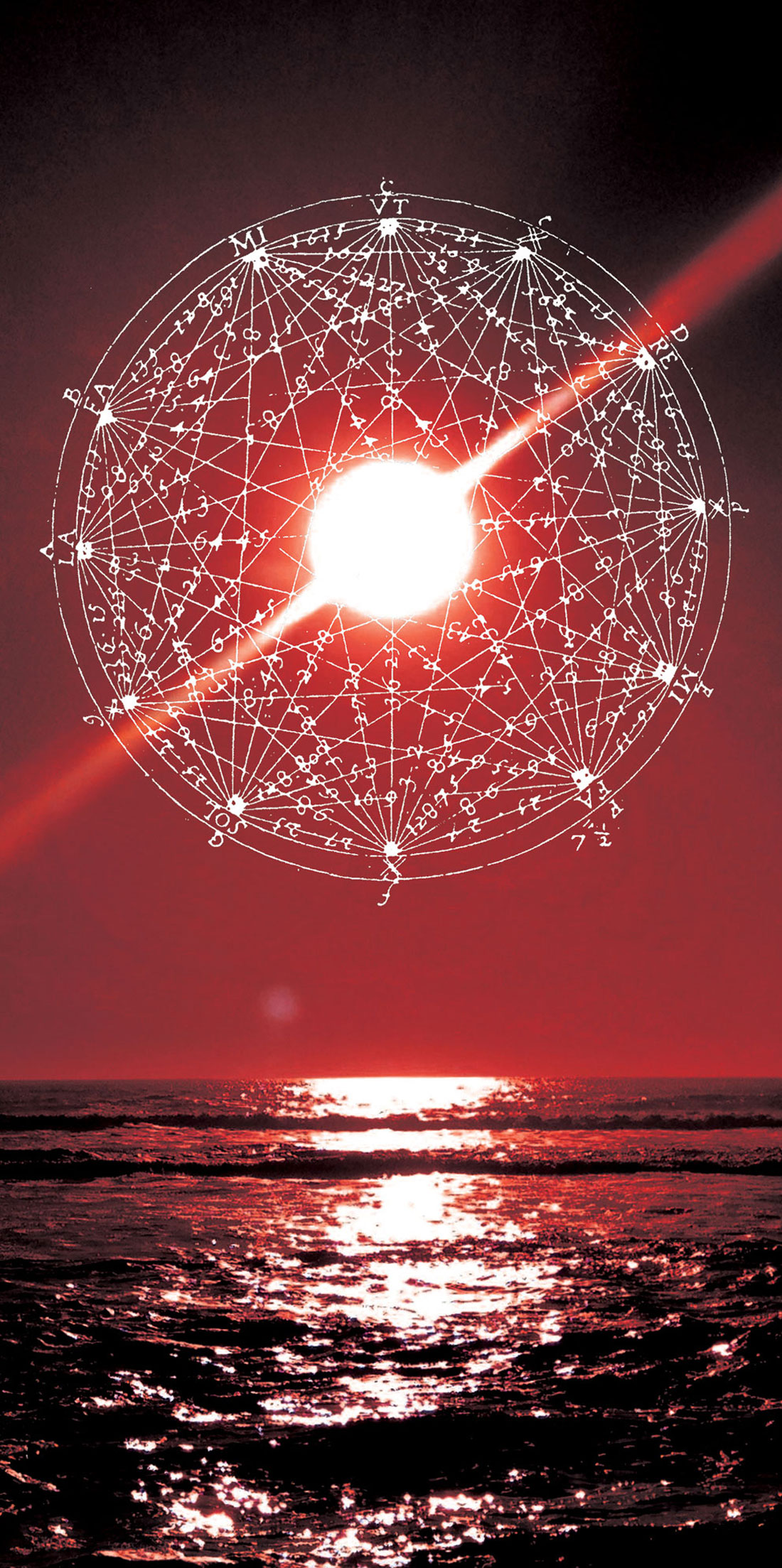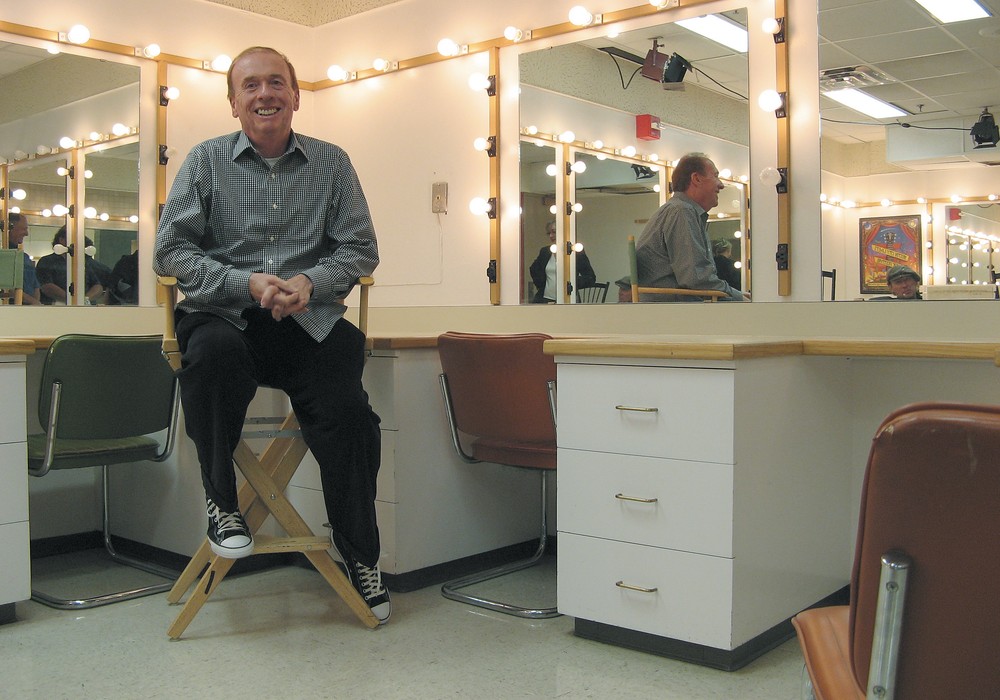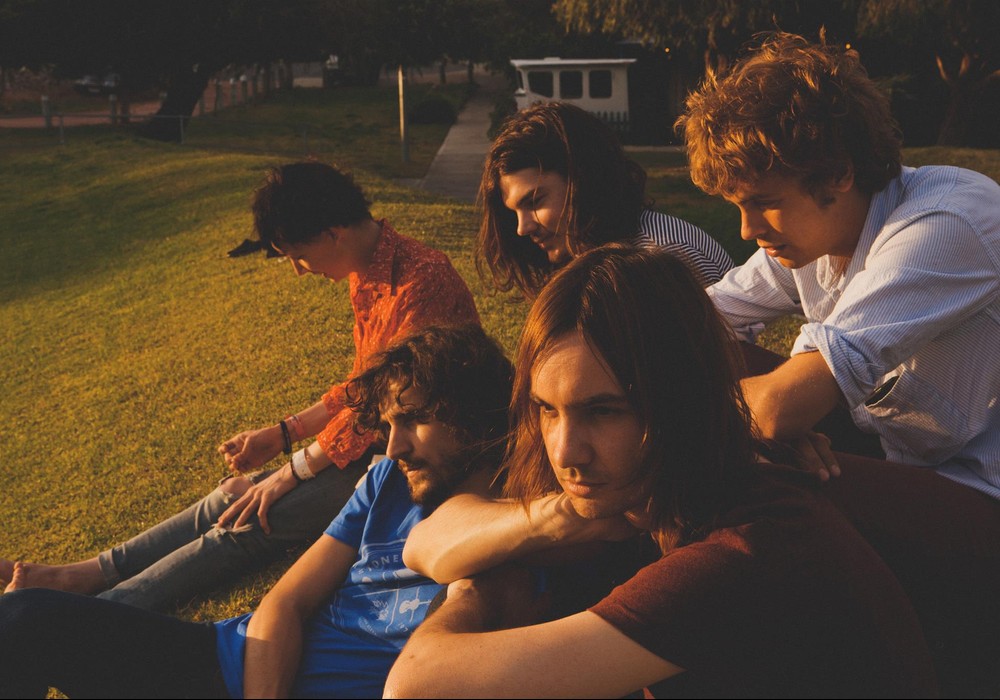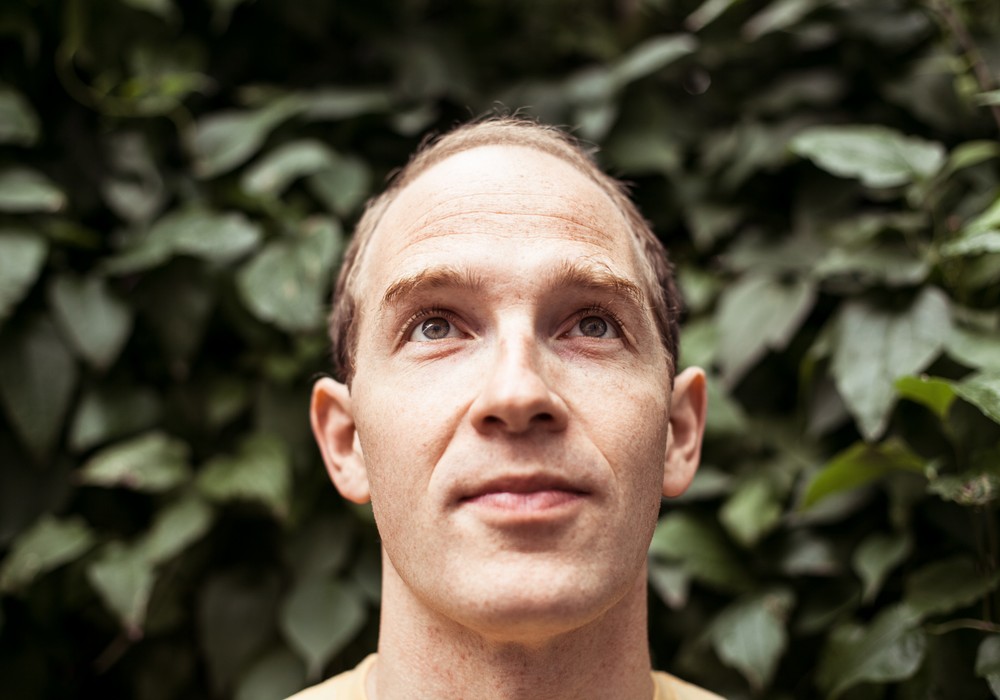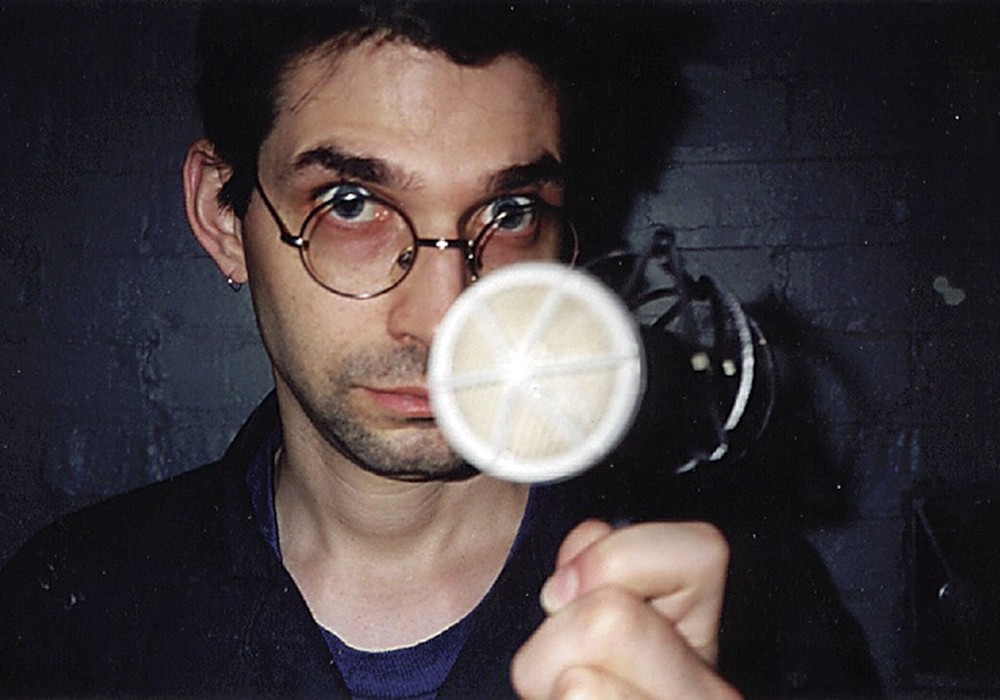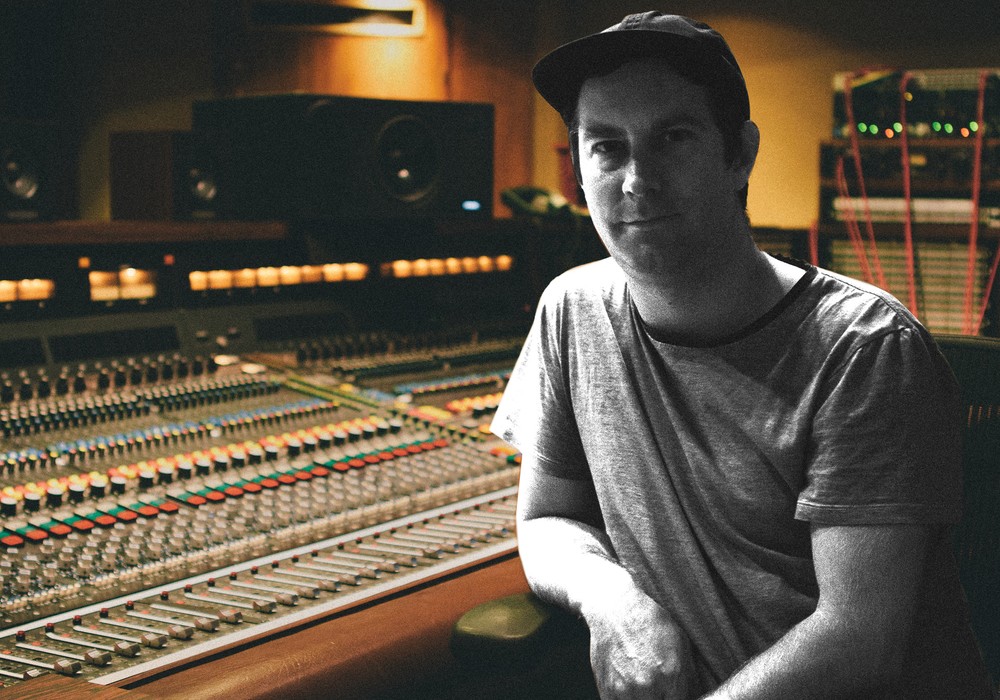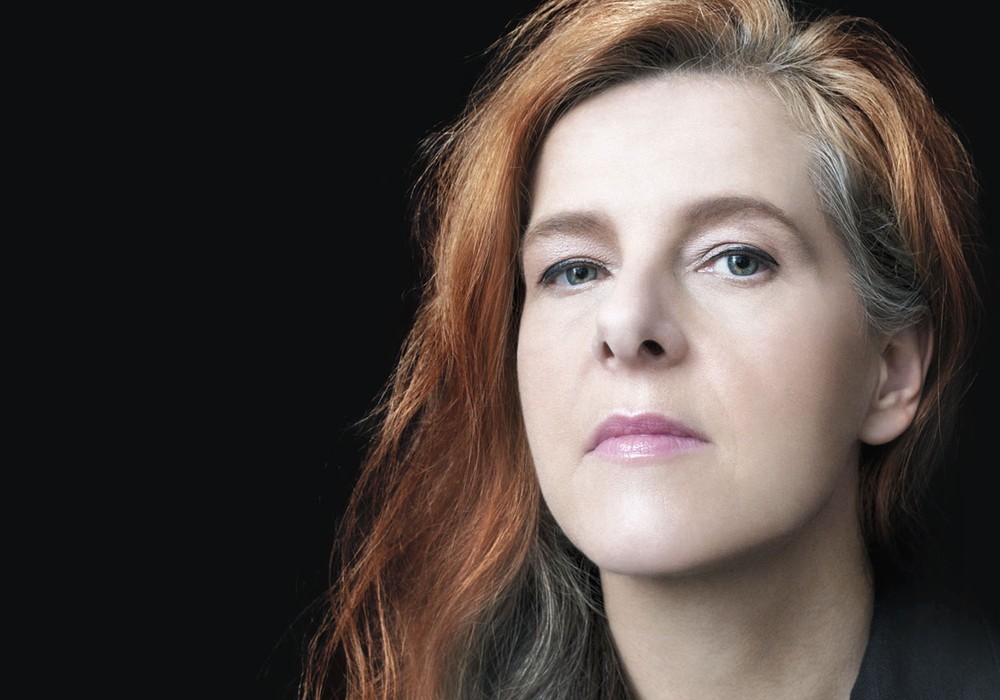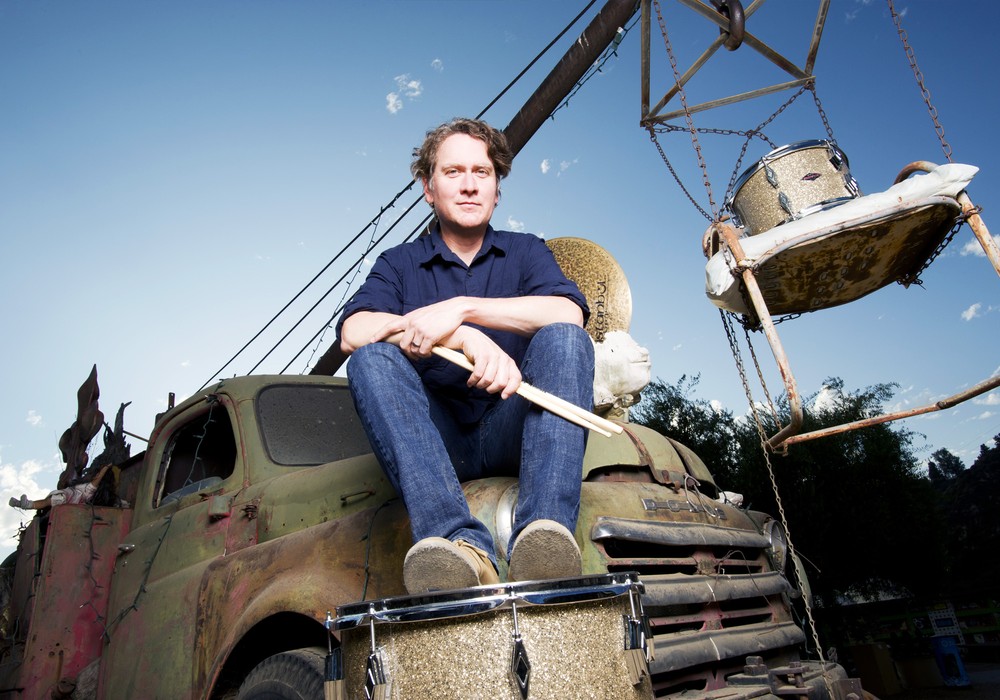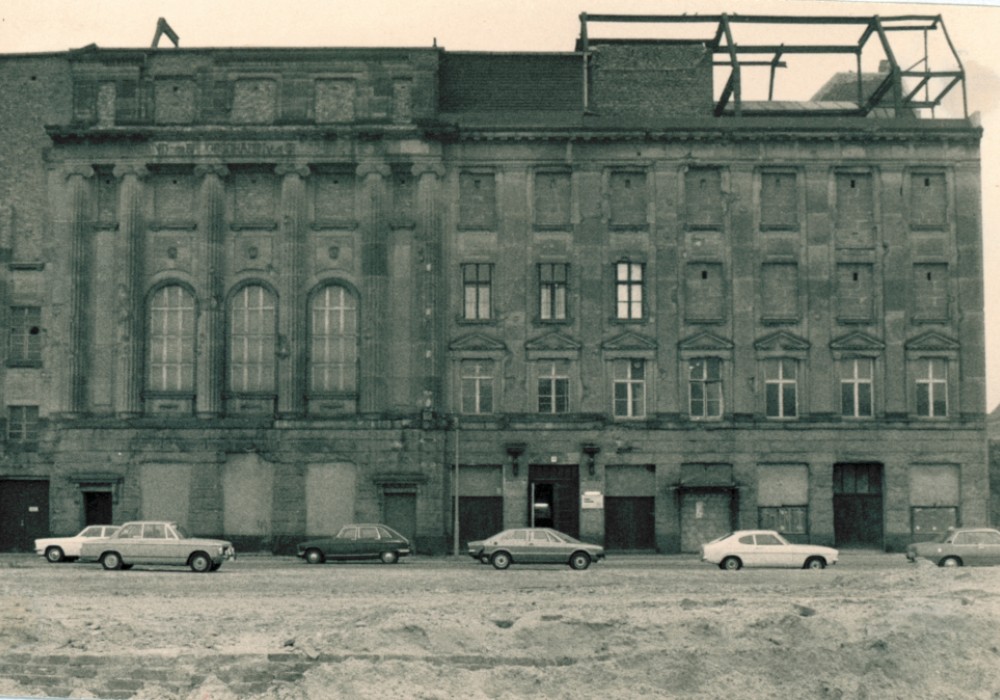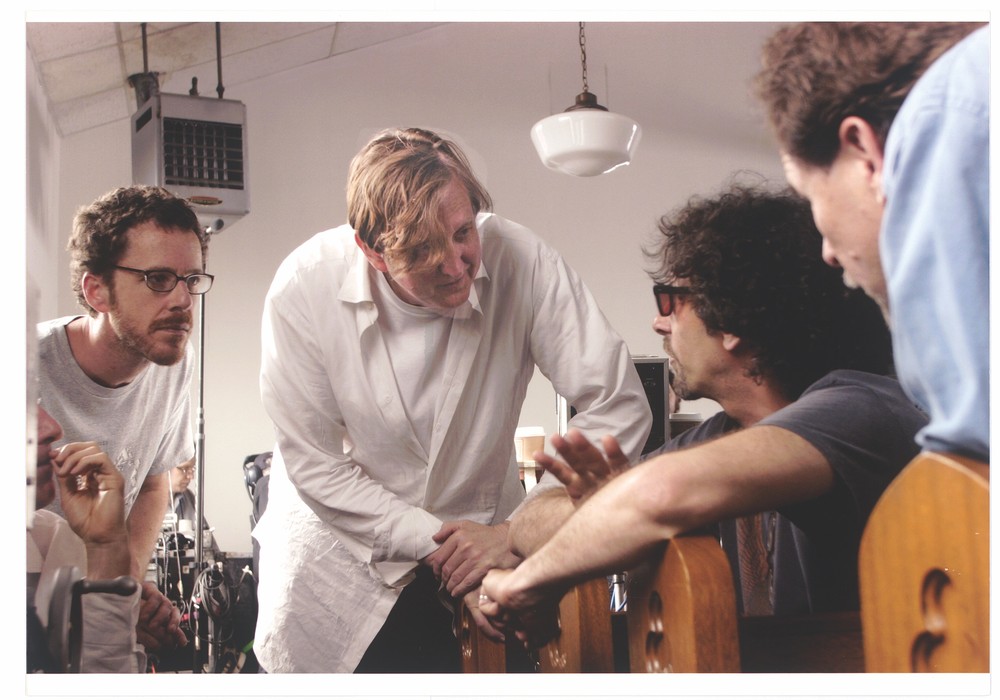In 2006 the world lost Arif Mardin, a classic (and classy) record producer and arranger who'd originally worked at Atlantic Records for over 30 years, producing hits for artists like The Bee Gees, Aretha Franklin, Bette Midler, Hall & Oates, and later working with singers like Norah Jones and Jewel. Recently the Grammy nominated documentary The Greatest Ears in Town: The Arif Mardin Story was released on DVD, and it's a loving tribute to the man and the producer. While I was watching this film I began to notice the presence of Joe Mardin, Arif's son, who acted as co-director (with Doug Biro), producer, and sometimes interviewer for the film. He even co-mixed the soundtrack with Arif Mardin's longtime engineer, Michael O'Reilly. I was curious what Joe's life was like growing up in the Mardin family, and how he'd also followed a career of music production, engineering, writing, arranging, conducting, and even drumming. I visited Joe at his Manhattan-based NuNoise Studio for a journey into remembering his father's career and how it has affected his own life.
It's great to see a film tribute to your father.
Thanks. He was such a behind-the-scenes guy for most of his career. He became a little bit more interested in the later years, in terms of doing photo ops and such, but he generally wasn't concerned with keeping a public profile. Luckily there's an amazing amount of goodwill in the industry from people who do know. I walk up to people at AES and give them the flyer about this film, and they're so happy that it's happening. They're happy not only because they knew and loved Arif, but also because they know that it's important — for music and the concept of record making — to share with a younger audience how records were made by producers who were first and foremost advocates for the artists.
I think one of the other key points that comes up is arranging and how important it is.
That's where he started. He grew up in Istanbul, Turkey, where both my parents are from. He became not just a jazz fanatic, but also a bebop fanatic in the mid '50s when he was a teenager. He was into Dizzy [Gillespie], Bird [Charlie Parker], and Duke [Ellington]. He'd also tell me stories about the first time he'd listened to Alban Berg's Lyric Suite for string quartet.
I want to connect our readers with films like this, as well as the history of our field.
Yes, I'm very proud of the film, for many reasons, but we're so lucky and honored to have interviews with Sir George Martin, Phil Ramone [Tape Op #50], Quincy Jones, Russ Titelman, Hugh Padgham [#55], and my dad. They kind of form a symposium or summit of record production.
I love that the documentary has so much footage of Arif's final record, All My Friends Are Here, and that we get to watch him interact with the artists.
People work so differently. It's unfortunate that people say, "Oh, that's this way of making a record," or "That's that way of making a record." Arif produced [Chaka Khan's] "I Feel For You," and he cut the half-inch, 2-track tape and created all of those wildly creative edits himself. He had measurements of what a quarter note and an eighth note was on the wall. The man who could sit there with the score and an orchestra and conduct, or could collaborate with Bette Midler on the interpretation of a lyric, could also sit there and cut tape.
Your father had gone to Berklee College of Music at Quincy Jones' suggestion, right?
Yeah, Quincy came through the Middle East, parts of Europe, and northern Africa on a State Department sponsored tour with Dizzy Gillespie. He was playing trumpet and writing charts. When they came to Turkey, Quincy said they met in Ankara. My dad must have traveled there, because he lived in Istanbul. They struck up a friendship very quickly. My father said, "I have a score I could show you." Quincy asked to see it. He took a look at it and thought, "Wow, this young man has some talent for writing for big bands, as well as with harmonies." Dad was totally self-taught. Somehow in 1957 my dad got commissioned to write three or four themes and orchestrations for a small jazz ensemble for Voice of America. He wrote and orchestrated the compositions and sent the charts to Quincy, who put together a little Who's Who of jazz musicians of the day to record these arrangements. Then Berklee School of Music was looking for the first recipient of Quincy's scholarship, and he sent them a tape and said, "I think we've got our guy!" Dad was still in Istanbul, and not even married to my mother yet. He got the letter, and my grandfather didn't want him to go. My father was being groomed for the family business [Turkish Petroleum]. He ended up marrying my mom in September of 1957. In January '58, in the middle of the school year, he landed in Boston and started his studies at Berklee.
When you were growing up, your dad was making records and producing. What did you know about his career and...
The rest of this article is only available with a Basic or Premium subscription, or by purchasing back issue #99. For an upcoming year's free subscription, and our current issue on PDF...
Or Learn More
